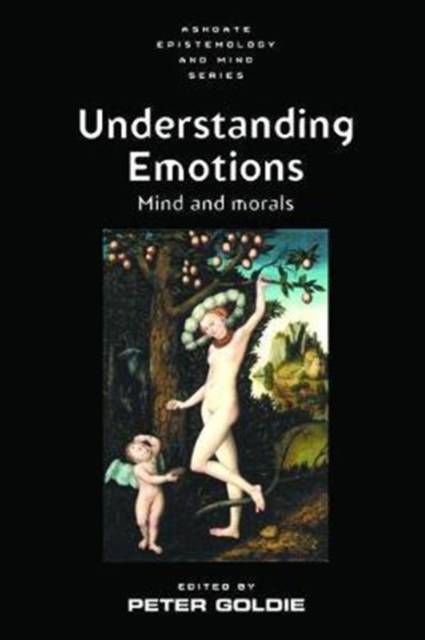
- Retrait gratuit dans votre magasin Club
- 7.000.000 titres dans notre catalogue
- Payer en toute sécurité
- Toujours un magasin près de chez vous
- Retrait gratuit dans votre magasin Club
- 7.000.000 titres dans notre catalogue
- Payer en toute sécurité
- Toujours un magasin près de chez vous
243,45 €
+ 486 points
Description
Understanding Emotions presents eight original essays on the emotions from leading contemporary philosophers in North America and the U.K: Simon Blackburn, Bill Brewer, Peter Goldie, Dan Hutto, Adam Morton, Michael Stocker, Barry Smith, and Finn Spicer. Goldie and Spicer's introductory chapter sets out the key themes of the ensuing chapters: surveying contemporary philosophical thinking about the emotions, and raising challenges to a number of prejudices that are sometimes brought to the topic from elsewhere in the philosophy of mind and moral philosophy. Brewer, Hutto, Goldie and Smith explore the conceptual and epistemological problems of other minds that the emotions raise, and how the emotions can be a source of knowledge of the world around us. The chapters by Stocker, Blackburn and Morton are broadly concerned with issues in morality: Stocker argues for the traditional Aristotelian view that emotions reveal value and are constitutive of value; Blackburn, from a more Augustinian perspective, argues that the virtuous person, like the rest of us, will be emotional but he or she will have the right emotions towards the right objects; Morton questions the idea of emotions and narrative as sources of self-understanding. An extensive bibliography completes the book. Drawing together the arguments of leading contemporary philosophers, focusing on issues in the philosophy of mind, epistemology and moral philosophy, this book offers a wide and deep understanding of the emotions, and will be of interest across the philosophical spectrum to students and researchers of this fascinating and important topic.
Spécifications
Parties prenantes
- Editeur:
Contenu
- Nombre de pages :
- 146
- Langue:
- Anglais
- Collection :
Caractéristiques
- EAN:
- 9781138424562
- Date de parution :
- 11-08-17
- Format:
- Livre relié
- Format numérique:
- Genaaid
- Dimensions :
- 156 mm x 233 mm
- Poids :
- 430 g






